
The late romances, often simply called the romances, are a grouping of William Shakespeare's last plays, comprising Pericles, Prince of Tyre; Cymbeline; The Winter's Tale; and The Tempest. The Two Noble Kinsmen, of which Shakespeare was co-author, is sometimes also included in the grouping. The term "romances" was first used for these late works in Edward Dowden's Shakspere (1877). Later writers have generally been content to adopt Dowden's term.
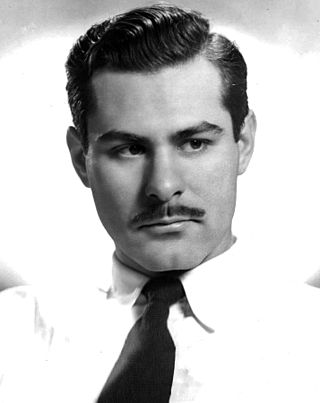
Samuel Wanamaker,, was an American actor and director, whose career on stage and in film and television spanned five decades. He began his career on Broadway, but spent most of his professional life in the United Kingdom, where he emigrated after becoming fearful of being blacklisted in Hollywood due to his communist views in the 1950's.
This article contains information about the literary events and publications of 1612.

The Barbary pirates, Barbary corsairs, Ottoman corsairs, or naval mujahideen were mainly Muslim pirates and privateers who operated from the largely independent Barbary states. This area was known in Europe as the Barbary Coast, in reference to the Berbers. Slaves in Barbary could be of many ethnicities, and of many different religions, such as Christian, Jewish, or Muslim. Their predation extended throughout the Mediterranean, south along West Africa's Atlantic seaboard and into the North Atlantic as far north as Iceland, but they primarily operated in the western Mediterranean. In addition to seizing merchant ships, they engaged in razzias, raids on European coastal towns and villages, mainly in Italy, France, Spain, and Portugal, but also in the British Isles, and Iceland.
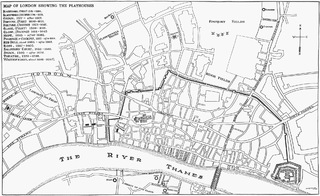
Blackfriars Theatre was the name given to two separate theatres located in the former Blackfriars Dominican priory in the City of London during the Renaissance. The first theatre began as a venue for the Children of the Chapel Royal, child actors associated with the Queen's chapel choirs, and who from 1576 to 1584 staged plays in the vast hall of the former monastery. The second theatre dates from the purchase of the upper part of the priory and another building by James Burbage in 1596, which included the Parliament Chamber on the upper floor that was converted into the playhouse. The Children of the Chapel played in the theatre beginning in the autumn of 1600 until the King's Men took over in 1608. They successfully used it as their winter playhouse until all the theatres were closed in 1642 when the English Civil War began. In 1666, the entire area was destroyed in the Great Fire of London.
John Ward, also known as Birdy or later as Yusuf Reis, was an English pirate who later became a Corsair for the Ottoman Empire operating out of Tunis during the early 17th century.

Shakespeare's Globe is a reconstruction of the Globe Theatre, an Elizabethan playhouse first built in 1599 for which William Shakespeare wrote his plays. Like the original, it is located on the south bank of the River Thames, in Southwark, London. The reconstruction was completed in 1997 and while concentrating on Shakespeare's work also hosts a variety of other theatrical productions. Part of the Globe's complex also hosts the Sam Wanamaker Playhouse for smaller, indoor productions, in a setting which also recalls the period.

The Whitefriars Theatre was a theatre in Jacobean London, in existence from 1608 to the 1620s — about which only limited and sometimes contradictory information survives.

Foul papers are an author's working drafts. The term is most often used in the study of the plays of Shakespeare and other dramatists of English Renaissance drama. Once the composition of a play was finished, a transcript or "fair copy" of the foul papers was prepared, by the author or by a scribe.
The Renegado, or The Gentleman of Venice is a late Jacobean stage play, a tragicomedy written by Philip Massinger and first published in 1630. The play has attracted critical attention for its treatment of cultural conflict between Christian Europe and Muslim North Africa.
Jan Janszoon van Haarlem, commonly known as Reis Mourad the Younger, was a Dutch pirate who later became a Barbary corsair in Ottoman Algeria and the Republic of Salé. After being captured by Algerian corsairs off Lanzarote in 1618, he converted to Islam and changed his name to Mourad. He became one of the most famous of the 17th-century Barbary corsairs. Together with other corsairs, he helped establish the independent Republic of Salé at the city of that name, serving as the first President and Commander. He also served as Governor of Oualidia.
Robert Daborne was an English dramatist of the Jacobean era.
David Meyer is an English actor. He is the twin of Anthony Meyer who has often appeared alongside him in film. He is best known for his role as a knife-throwing circus performer and assassin in the 1983 James Bond film Octopussy, for Shakespearean roles such as Hamlet and Ferdinand, and for portraying Isaac Newton on stage. Meyer, as part of Shakespeare's Globe, has appeared in numerous productions on stage in London in recent decades, and in 2017 played Saturn in James Wallace's production of The Woman in the Moon at the Sam Wanamaker Playhouse.
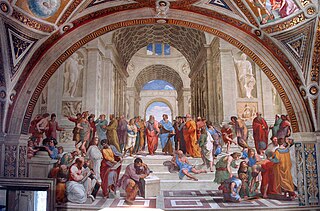
There was cultural contact between Europe and the Islamic world from the Renaissance to Early Modern period.
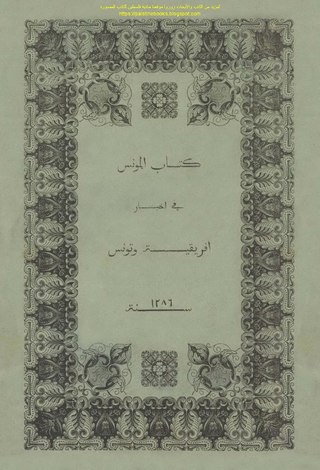
Siemen Danziger, better known by his anglicized names Zymen Danseker and Simon de Danser, was a 17th-century Dutch privateer and Barbary corsair based in Ottoman Algeria. His name is also written Danziker, Dansker, Dansa or Danser.
Protestantism and Islam entered into contact during the early-16th century when the Ottoman Empire, expanding in the Balkans, first encountered Calvinist Protestants in present-day Hungary and Transylvania. As both parties opposed the Austrian Holy Roman Emperor and his Roman Catholic allies, numerous exchanges occurred, exploring religious similarities and the possibility of trade and military alliances.

The Anglo-Moroccan alliance was established at the end of the 16th century and the early 17th century between the kingdoms of England and Morocco. Commercial agreements had been reached by Queen Elizabeth I of England and the Moroccan Sultan Ahmad al-Mansur on the basis of a common enmity to Philip II of Spain. The arms trade dominated the exchange, and numerous attempts at direct military collaboration were also made.
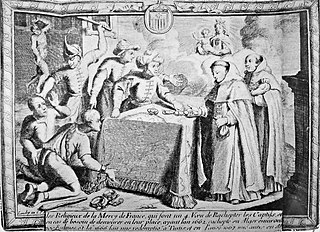
Anglo-Turkish piracy or the Anglo-Barbary piracy was the collaboration between Barbary pirates and English pirates against Catholic shipping during the 17th century.
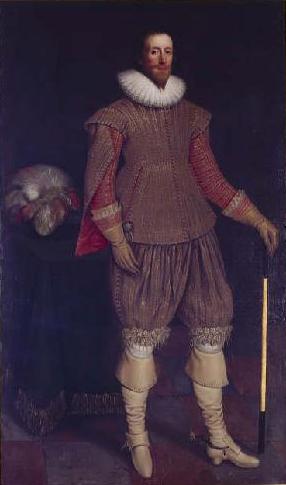
Sir Francis Verney was an English adventurer, soldier of fortune, and pirate. A nobleman by birth, he left England after the House of Commons sided with his stepmother in a legal dispute over his inheritance, and became a mercenary in Morocco and later a Barbary corsair.
Joseph Pitts was an English sailor who was captured by Barbary pirates, and sold into slavery in Algiers in 1678. Forced to convert to Islam, he was the first known Englishman to undertake the ḥajj or Muslim pilgrimage, when, as a slave, he accompanied his Muslim master to Mecca and Medina in 1685 or 1686. Having escaped from Algiers and returned to England between 1694 and 1695, he published in 1704 an account of his experiences in Algiers including a substantial description of the pilgrimage ceremonies.













